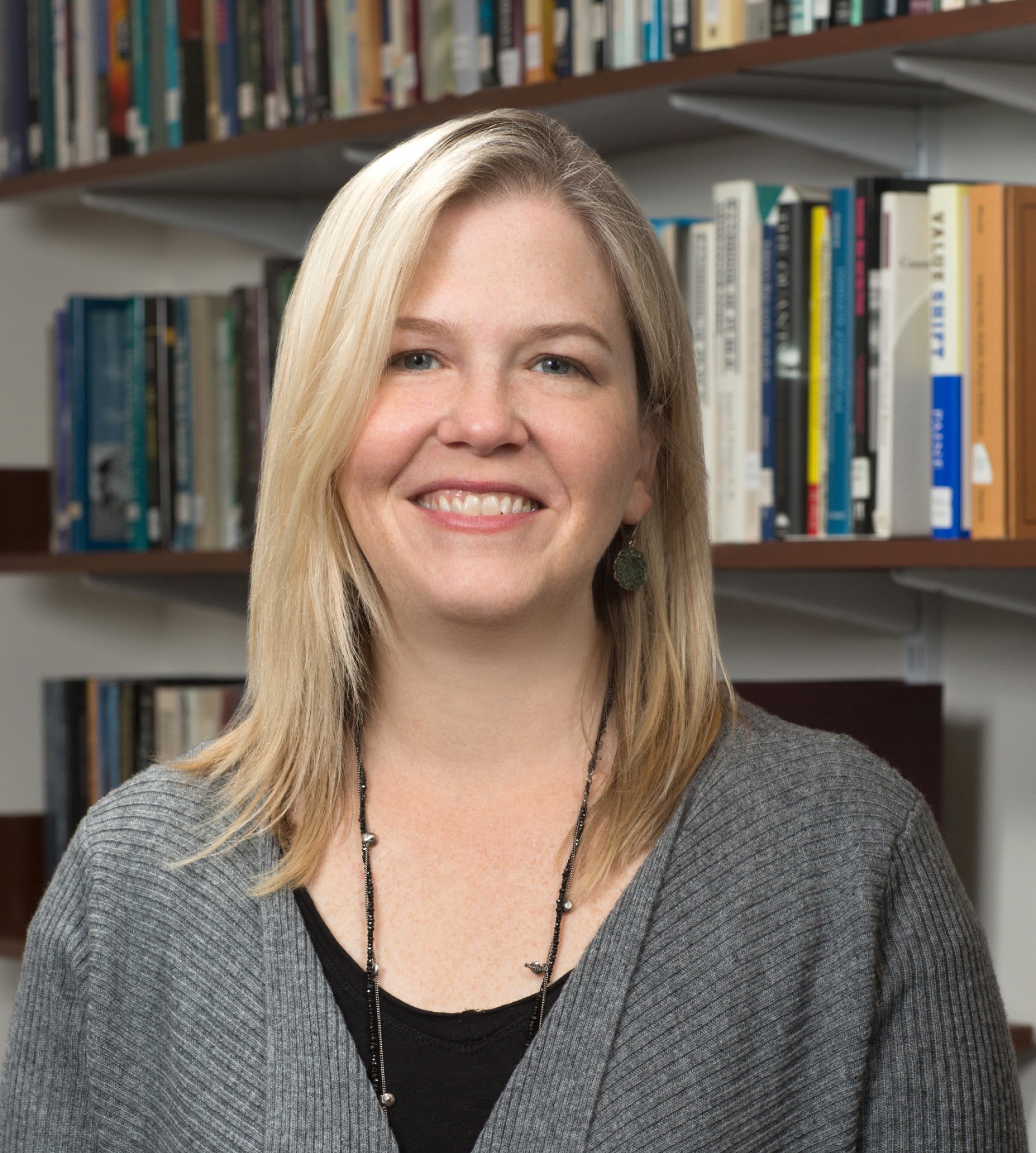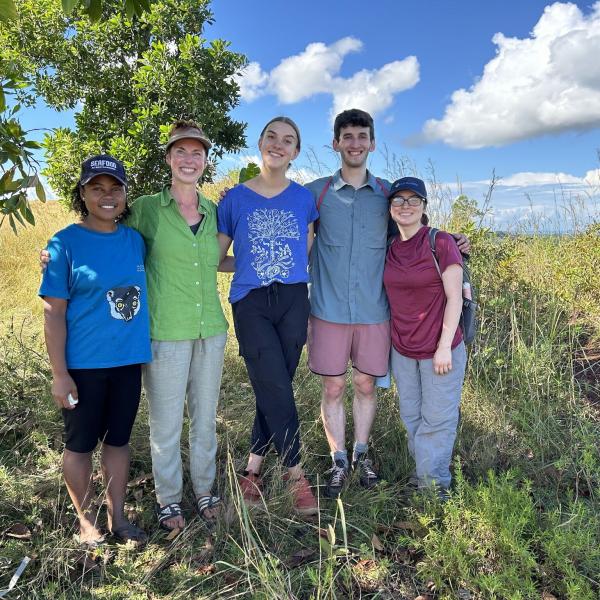Clarissa Rile Hayward, professor of political science, has been appointed to a two-year position to address faculty policies across Arts & Sciences.
Dean Feng Sheng Hu appointed Hayward to the newly created role of Dean’s Fellow for Policies in fall 2021.
“We are delighted to have Professor Hayward as a partner in navigating this key area. Her record of thoughtful, insightful analysis will further our work in setting policies that are clear, equitable, and supportive of our faculty as they advance in their careers,” Dean Hu said.

Hayward is working closely with Andrew Brown, vice dean of faculty affairs, and Jonathan Cohen, assistant dean of academic policy and director of administration, to review, revise, and advise the dean and faculty on a range of policies, particularly those related to faculty promotion and tenure.
In addition to offering additional clarity and consistency around the promotion and tenure process, Hayward and team are committed to approaches that support and advance inclusive teaching and scholarship — one of the foundational areas in Arts & Sciences' new strategic plan.
“We want our faculty to receive the mentoring and guidance they need to succeed,” she said.
This fall, Hayward spent time developing a third-year review policy aimed at providing detailed and constructive feedback on the work and progress of untenured faculty on the tenure track and faculty on the research and teaching track. “When we formalize these practices and processes, we help ensure that all of our faculty members have equitable access to these forms of support.”
The competitive fellowship leave policy has also been revised, allowing for increased flexibility. “A faculty member can now propose leave for any fellowship award, and a committee will then evaluate the proposal,” Hayward explained.
Promotion policies for research and teaching track faculty will also be re-examined.
Hayward’s research and teaching in political science focus on understanding and evaluating political life, including exploring the definitions and implications of social power and democratic government. She believes her scholarship offers beneficial insights in this new role.
“My research is all about how social structures—including institutional rules, roles, and policies—shape what it’s possible for people to do and to be. They can do that in ways that are more or less equitable, more or less democratic, and more or less just,” she said. “I am inclined to ask both empirical and evaluative questions: How would policy X work differently from policy Y? Which would be better, and why? This position is an opportunity for me to apply the kinds of ideas I write about to a very concrete set of questions and issues that affect our faculty.”



